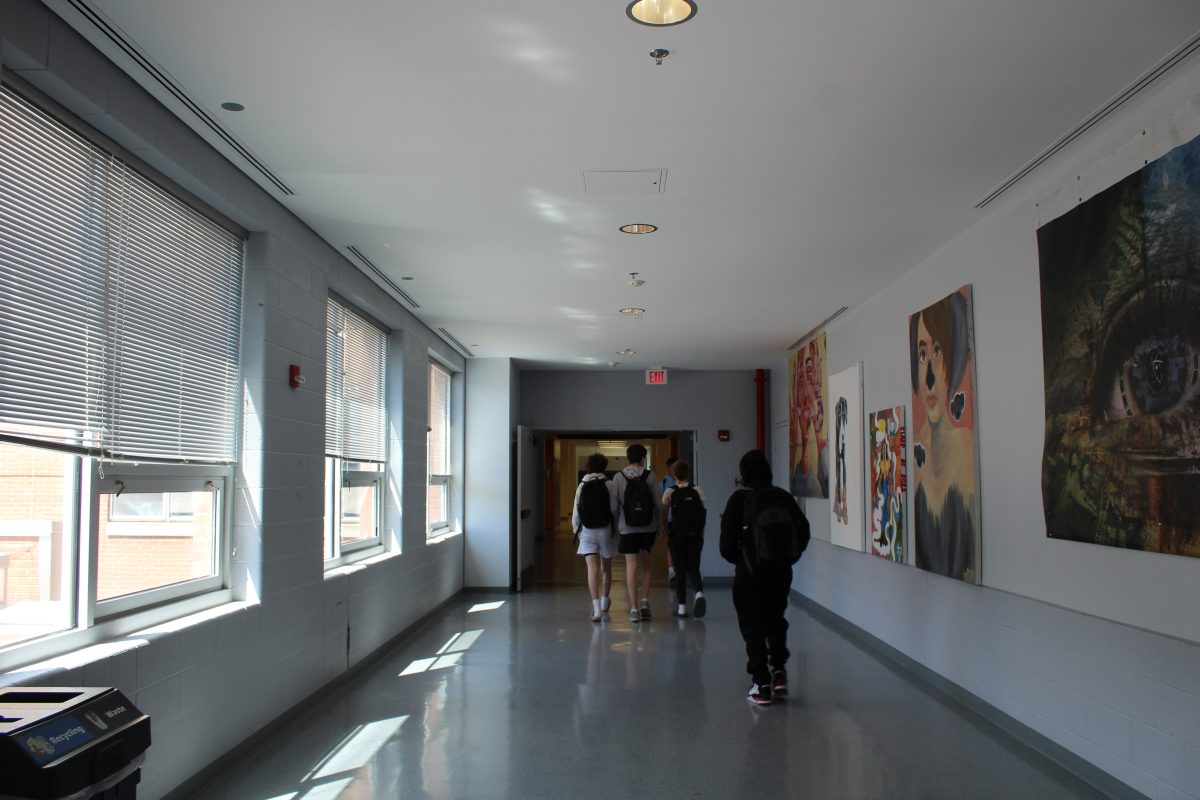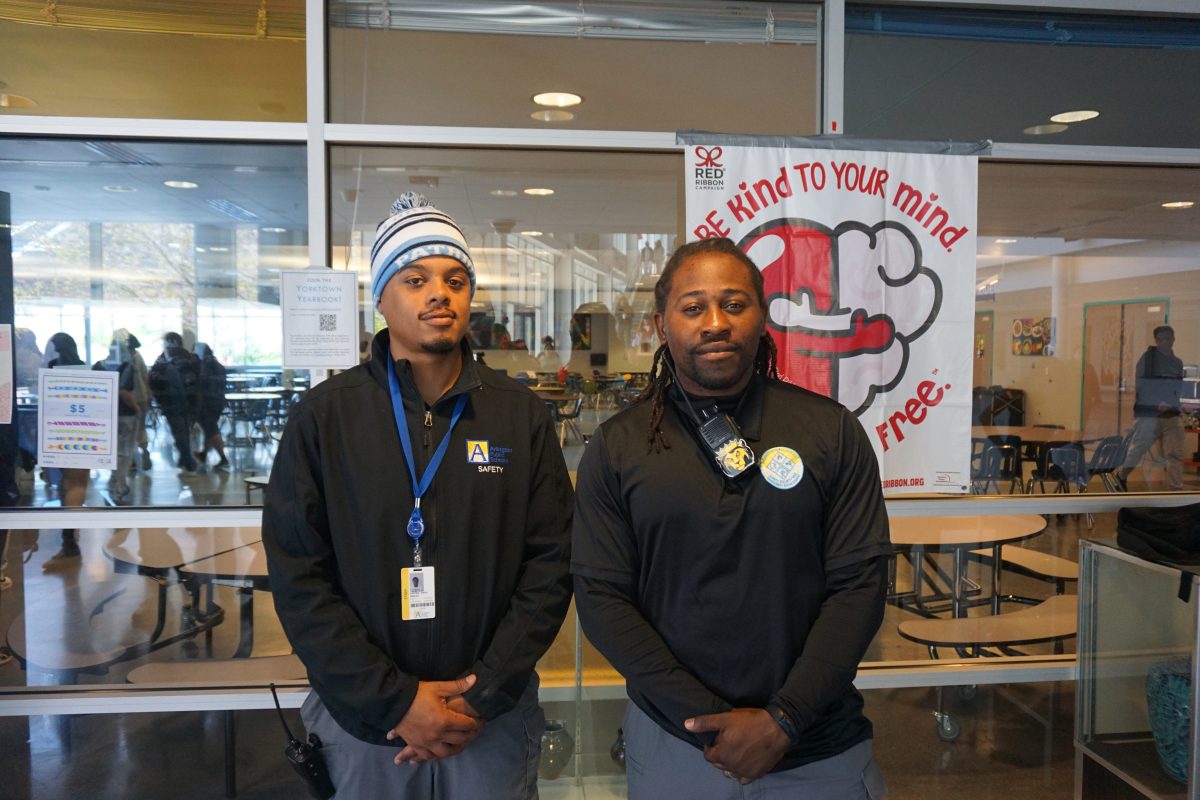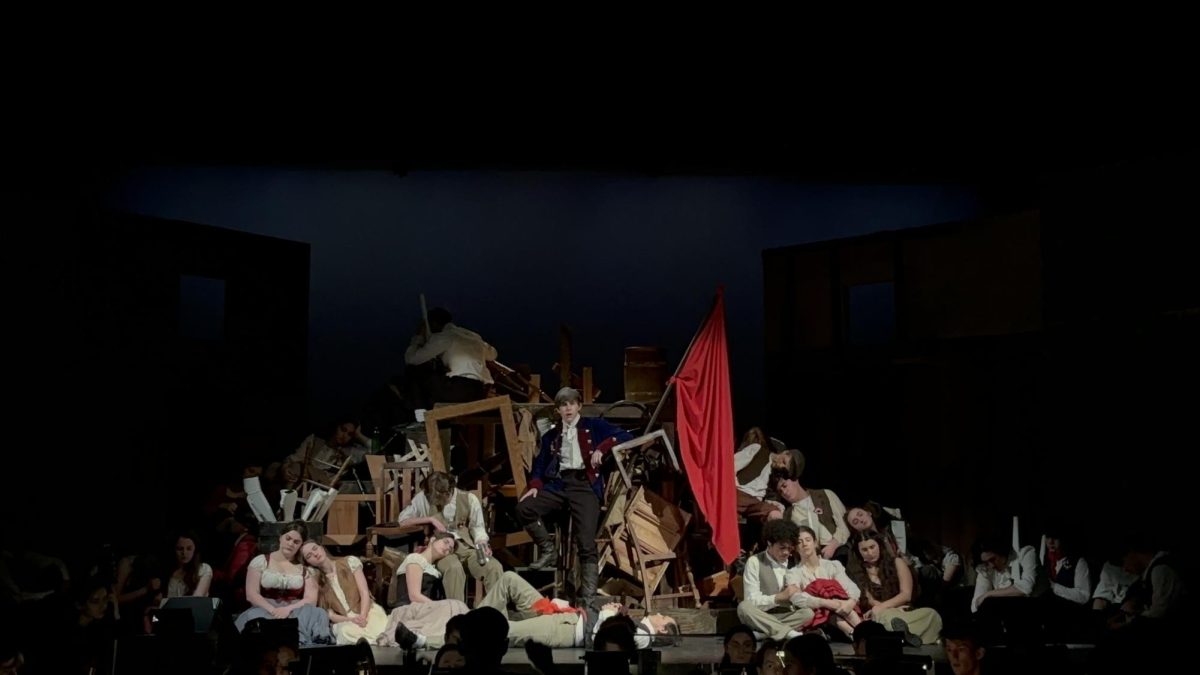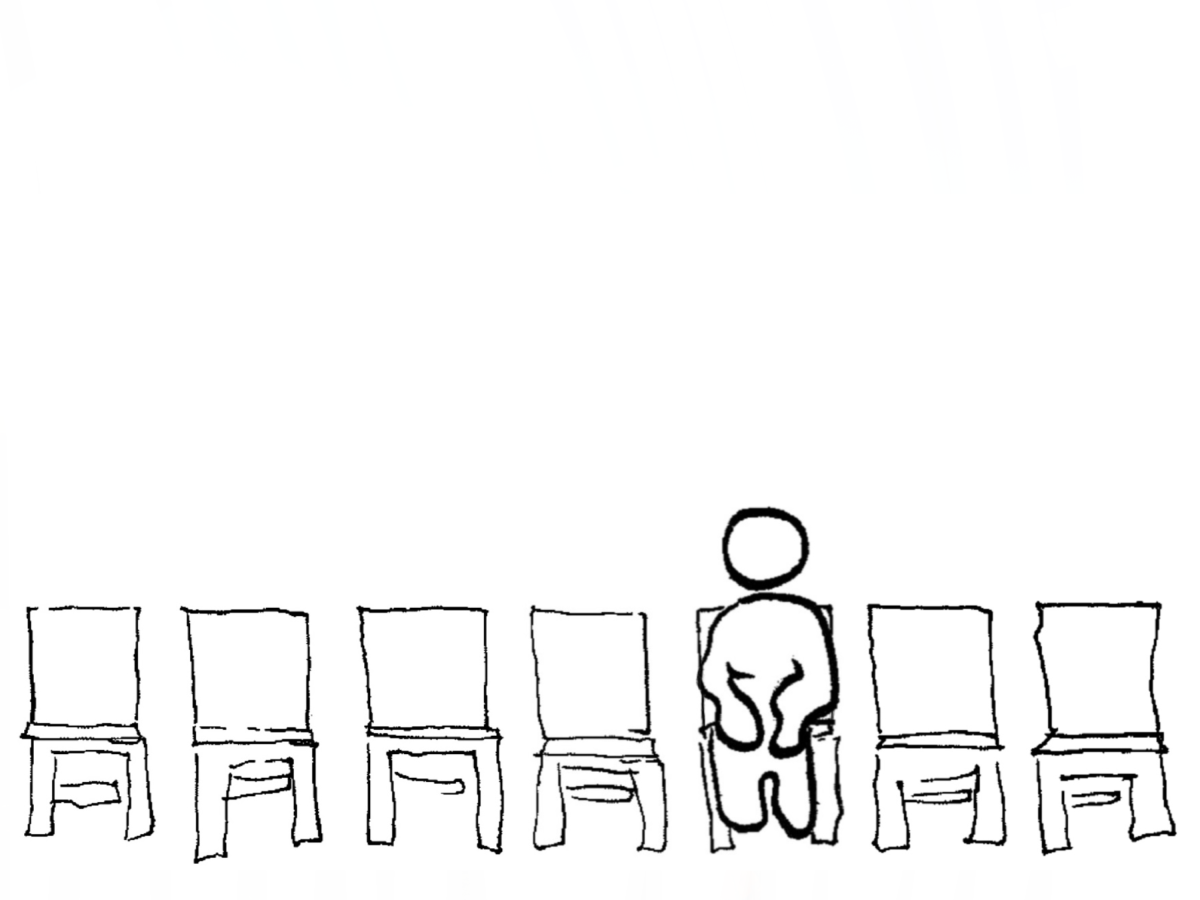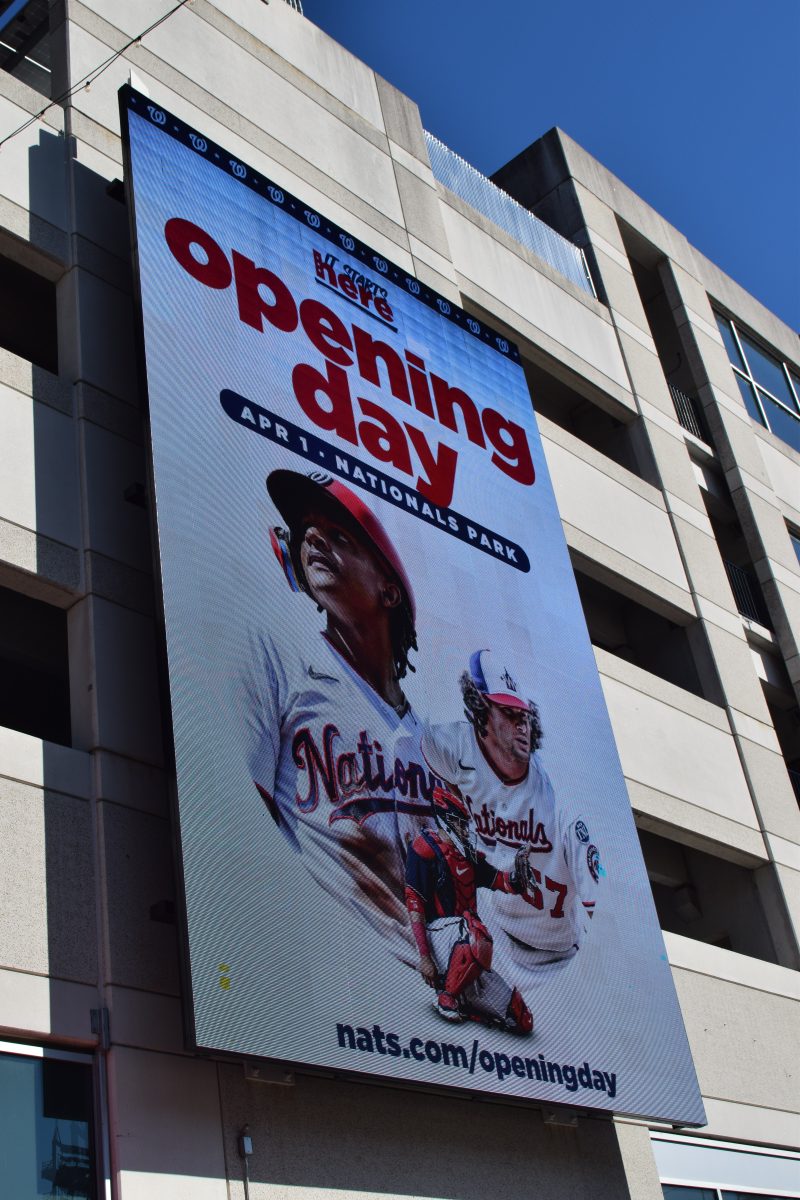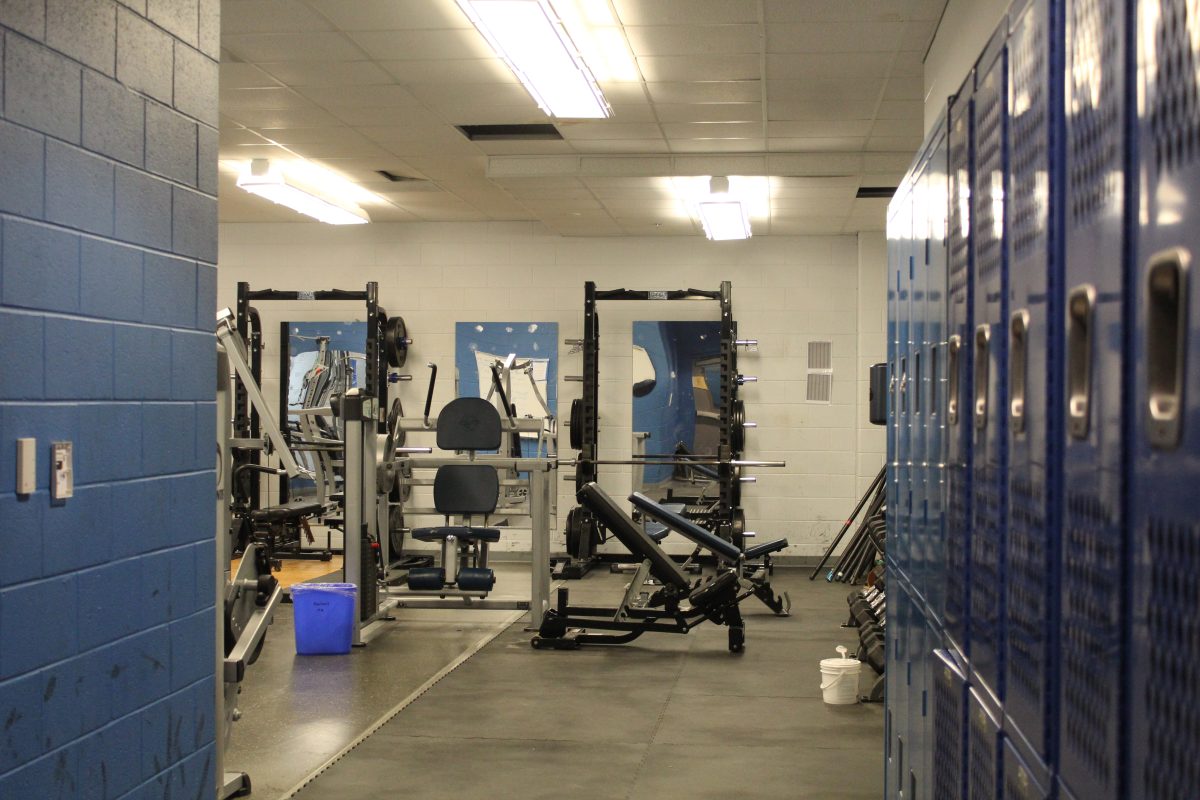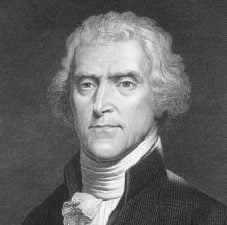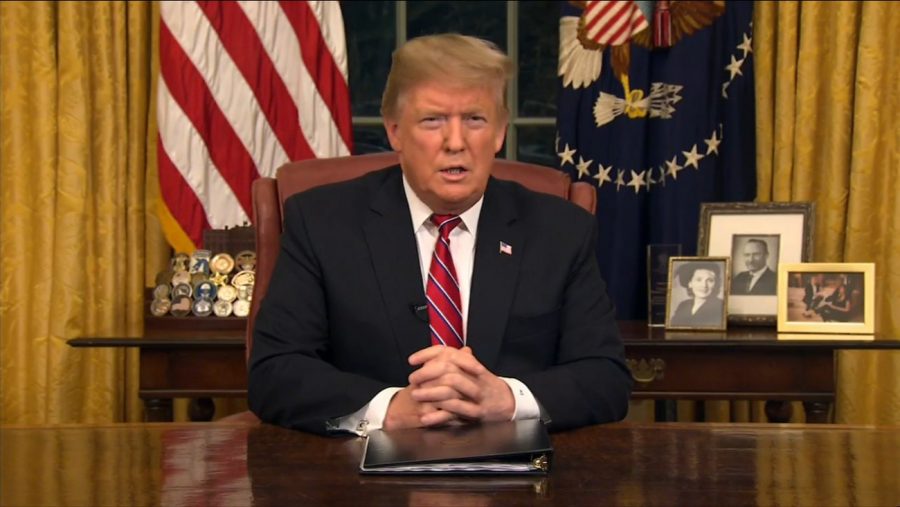Politicians’ relationships with the press have always been complex, with some denouncing coverage for being biased or claiming facts to be false. These issues and connections with the media can be traced back to similar complexities found in Thomas Jefferson’s presidency. Jefferson, one of the founding fathers, was a passionate proponent for a free press but was simultaneously one of the press’ fiercest critics.
Jefferson recognized that the essence of a free society is the freedom of opinions to be shared, but he was careful to note that not all shared opinions have merit. Jefferson said, “The only security of all is in a free press.” Yet he also believed that, “nothing can be believed which is seen in a newspaper.” This introduces the important concept of the balance of a free press and the awareness of credible sources that Jefferson brought to light in American society.
There were many instances in which Jefferson was critical of newspapers. In 1786, Jefferson wrote a letter to James Currie, a physician who treated Jefferson’s daughter, complaining about the public papers’ treatment of John Jay, the first Chief Justice of the United States. After speaking of Jay’s mistreatment, Jefferson said, “it [the paper’s mistreatment] is however an evil for which there is no remedy. Our liberty depends on the freedom of the press, and that cannot be limited without being lost.” Later in the letter, Jefferson also said, “to the sacrifice, of time, labor, fortune, a public servant must count upon adding that of peace of mind and even reputation.” This situation shows how Jefferson recognized the damage a free press could do to man’s reputation, something that many can relate to today’s media with the bias that many say controls its coverage; but he also emphasized that without a free press, American society cannot function.
The modern media is constantly under scrutiny because of the bias that seems to be prevalent in many organizations that claim to be nonpartisan. Both President Donald Trump and Jefferson publicly expressed negative perceptions of the media, however, only Jefferson’s handling of the situation fully supports the freedom of the press. While Jefferson merely brought up distrust, Trump has publicly condemned the media by deeming many news stations and papers “fake news,” encouraging the nation to distrust anything and everything they say. He has held press conferences that have been confrontational with few opportunities for questions. In fact, some publications have even been banned from attending certain briefings. During one of these conferences, Trump quoted Jefferson’s thoughts on the untrustworthiness of newspapers to validate his opinion. Jefferson said that a free press is necessary for information to flow freely, and any legal action against the press directly violates the First Amendment.
The media itself has changed in profound ways since Jefferson’s time. When Jefferson was president, the media was a new entity that lacked the credibility it touts today. Information was not nearly as accessible. With television and social media currently the main mediums through which people get their news, accountability is more prevalent now. This may explain why Jefferson was so critical of the American media; it was simply not as mature as it is today.
Jefferson said, “the basis of our governments being the opinion of the people, the very first object should be to keep that right; and were it left to me to decide whether we should have a government without newspapers, or newspapers without a government, I should not hesitate a moment to prefer the latter.” The press can often be frustrating, with both sides of the aisle feeling as though they are not portrayed accurately, but it is never the government’s job to try and control or limit their freedoms. Politicians from both sides should learn from Jefferson and realize that this nation was built on a free press, and while criticisms may be okay, complete distrust and attempts to control is not and will not help the country grow as an educated and informed nation.

